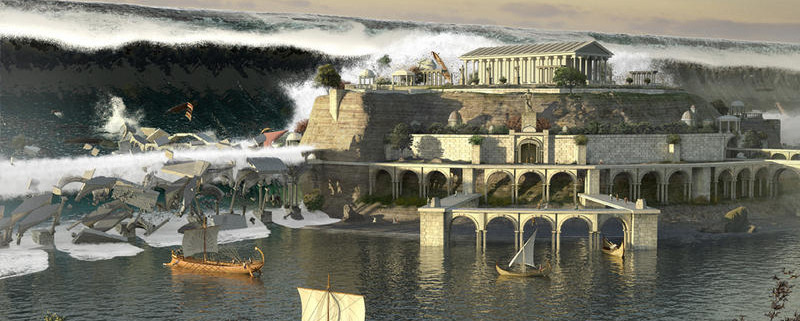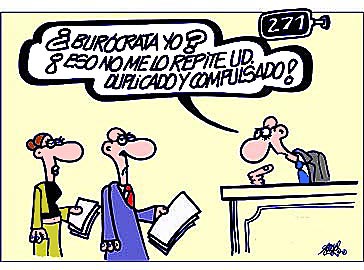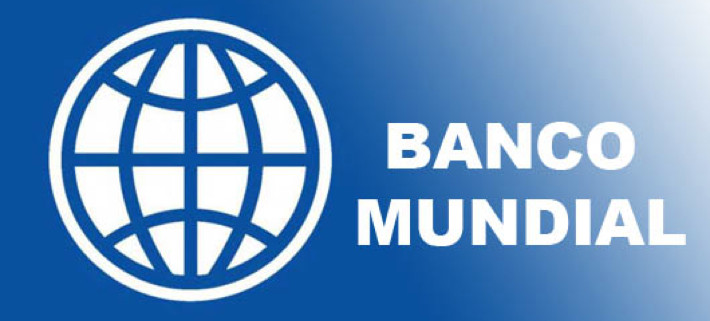Avoid your Atlantis and the loss of knowledge
By José Luis Álvarez and Jorge Martínez
One of the most fascinating historical myths is the existence of Atlantis. According to mythology, more than ten thousand years before our time, there existed a people who lived in an island where a high level of development was achieved, in the art of war, in the intellectual, cultural, spiritual and technical. We are passionate about thinking that Atlantis really existed where people lived in peace and happiness because of the level of development achieved.
According to mythology, this island was struck by a natural catastrophe and plunged into the ocean, where all the knowledge gained was lost. Curiously, there have been few scientific and military expeditions that have tried to find this mythological island, all without a successful result. The motivations to find Atlantis are diverse, but the most exciting thing is to think about the possibility of rescuing all the lost knowledge, and even more to understand how it was reached that level of development at that time.
The existence of Atlantis is part of a mythological history, but our fear of losing the knowledge and development of a society is real. Why are we worried? Because humans are the only animals that we understand the concept of development. We have been trained to understand that the society in which we live today will not necessarily be the same in the future. History has also taught us that the road to development is not obvious. When we look back on history we see a lot of knowledge and social development that has been lost. Clear examples are the Mayan culture, Inca, among others. In short, knowledge can be created, but it is also possible to lose it, whether in society, in organizations or in companies.
There are numerous examples of large organizations that, during lean times, decide to offer early retirement plans (eg Boeing) or simply lay off hundreds of employees to adjust to their economic reality. Many of these employees are often elderly, with many years of experience. Generally, organizations control the expense of such employees and their level of productivity, but not the knowledge they possess. And so, once you cut staff and cut spending, you realize that many of the people who have fired have valuable knowledge, which is not transferred anywhere. It has been customary to see cases in which companies have had to stop production, rehire many of the dismissed, or request their advisory services.
There are tools, techniques, methodologies, aimed at ensuring that organizational knowledge is maintained and transferred to the organization, whether in physical or intangible form. But for this it is fundamental that the organization defines knowledge as an asset to manage, whose result directly impacts the results through more efficient processes. In this way, at the moment of events that negatively impact the organization (as it happened to Atlántida with the natural catastrophe), we would not lose one of the main assets of income generation.



